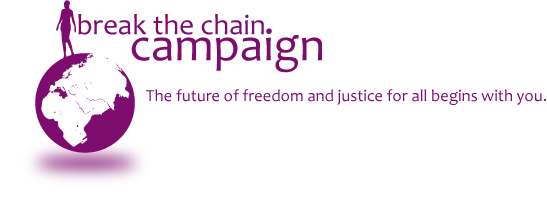Trauma within the Context of Culture
 Tuesday, February 16, 2010 at 11:38AM
Tuesday, February 16, 2010 at 11:38AM
by Tatyana Foltz, Domestic workers health Center MSW Intern
Culture provides us with the symbols, schemas, and ways to relate to our world. This has an important influence on resilience and how each of us understands and communicates our experiences. It has been found that different cultures express trauma related symptoms in different ways.
The Hmong who are currently being forced back into Cambodia and are seen as economic immigrants not political refugees. Many still fear prosecution due to the community’s involvement with the CIA during the Vietnam War. Some suggest that marginalized Asian populations are more likely to experience anxiety, shame and guilt when accessing mental health services. Still when health services are accessed it is important to understand common phenomenon and ways to communicate symptoms. Likelihood of mental concern expressing itself through physical symptoms is found to be more common such as hands or limbs going numb or burning, stomach pain or headaches. Assessment with individuals who are not comfortable or used to the US-based medical system is likely to take longer.
Nigerian Veterans appear to express higher levels of survivor guilt (Okulate, G.T. & Jones, O.B.E., 2006), however it is not known how generalizable this may be to the people of Jos; who some have survived multiple riots. Also the cultural-bound syndrome Ode-ori which is noted by Paniague (2000) as a panic related syndrome with the individual feeling like there are parasites in the head and concerned about attacks by evil spirits. In viewing this as a US-born individual this may read as a psychosis; however within the framework it is a normalized expression of panic and stress. Paniague also highlights that these syndromes do not equal and should not be seen as the beginning of disorders. There is more need for research however another way to more fully understand survivors’ perceptions and needs is arising.
Survivors of sexual exploitation (Courtney’s House and GEMS) and marginalized populations including domestic workers (see National Domestic Worker Alliance, Domestic workers health Center, and Domestic Workers United) and migrant women are organizing informal and formal groups, and being recognized more for their efforts. In acknowledging their insight, personal histories and ideas for solutions; there is also the space to discuss mental wellness and dialogues about needs and solutions. These voices are priceless.
We all share the human experience. Many of us survive trauma, loss, go through migration and upheaval. There is no question that commonalities exist; however most of us cannot imagine being a human trafficking survivor, having a controller, or surviving torture. The strength of fellow survivors is an amazing connection to future possibilities. It also allows for cultural bridges while still having the comfort of common terms, not having to explain within the power dynamics of service-provider and ‘client’. Survivors, if listened to, provide wonderful keys for prevention and solutions to other survivors and policy-makers.
To learn more:
VIDEO/ ARTICLE: Washington Post: Careless Detention
BOOK: The Spirit Catches You and You Fall Down
BOOK: Handbook of Multicultural Mental Health
BOOK: Forced Migration and Mental Health: Rethinking the Care of Refugees and Displaced Persons


Reader Comments (1)
This article was very useful in providing information on human trafficking.
Not knowing much about this subject, and actually not being aware of it until recently, I found the article to be helpful in giving me a view point that is
very empathatic. To learn from survivors is the only way to help future survivors deal with the trauma.